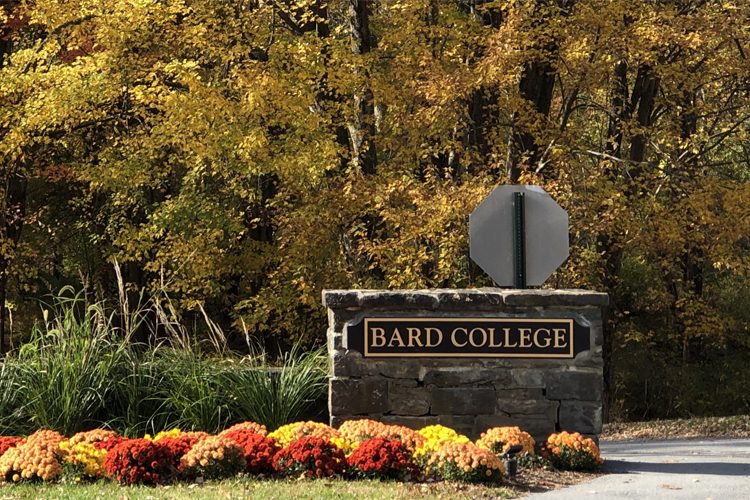US Colleges Being Banned By Other Countries Over “Undesirable Teachings”
Since the late 1990s, Bard College has enjoyed a very successful degree-granting partnership in Russia from its affiliation with St. Petersburg State University. Now, Bard College has found itself banned by the Russian government after being labeled “undesirable.” In its announcement, the Russian State Prosector’s Office claimed that NGO (nongovernmental organization) Bard College “represents a threat to the constitutional order and security of the Russian Federation."

Since the late 1990s, Bard College has enjoyed a very successful degree-granting partnership in Russia from its affiliation with St. Petersburg State University. Now, Bard College has found itself banned by the Russian government after being labeled “undesirable.” In its announcement, the Russian State Prosector’s Office claimed that NGO (nongovernmental organization) Bard College “represents a threat to the constitutional order and security of the Russian Federation.”
One factor of this college ban according to Botstein, could be the college’s affiliation to George Soros, who gifted Bard with a $500 million endowment pledge. Soros is a controversial figure in Russia and had already landed on their list of “undesirable” organizations. But he may not be the sole reason.
Bard’s vice president for academic affairs, Jonathan Becker, instead blamed the disintegrating relations between the United States and Russia, particularly with President Joe Biden and Russian President Vladimir Putin. “There’s no coincidence that the announcement of Bard becoming an undesirable organization comes just after the Biden-Putin summit and new U.S. sanctions on Russia,” Becker said. The US State Department has urged Putin’s government to rethink their position on the Bard College ban and to reverse course, saying in a statement that it is “regrettable that a purely educational program would suddenly be labeled ‘undesirable’ after benefiting so many Russians and Americans and contributing to mutual understanding for a quarter-century.”
Adopted in May 2015 by the Russian Federation, its “undesirable organization” law was a series of Kremlin-pushed regulations that put the squeeze on many nongovernmental and nonprofit organizations that were receiving its funding from foreign sources. This funding came mainly from the United States and Europe. But the Russian Foreign Ministry said the funding interfered with the country’s domestic affairs. In truth, it was a simple retaliation to a number of government sanctions the United States imposed on Moscow.
Bard College, in the United States, is located in Annandale-on-the-Hudson. It’s a private liberal arts college that was founded in 1860 and overlooks the Hudson River and the Catskill Mountains. The institution consistently ranks as one of the best classroom experiences, though it doesn’t seem to carry that reputation in Russia.
The Prosecutor’s Office in Russia sent their decision to the Ministry in order for them to amend the list of undesirable foreign organizations. They had 34 organizations on their list with the banned Bard College becoming the 35th. Bard became the very first educational institution to land on Russia’s list of undesirable NGOs. This move comes after the State Duma, which is the Russian parliament’s lower chamber, approved a bill that widened the scope of Russia’s undesirable law.
As the bill reads now, if an individual is found guilty of organizing “undesirable” international entities in the Russian territory, they could face up to six years in a Russian gulag. Bard says the college being banned not only shows Russia’s widening use with the “undesirable” tag, but it most likely will have a ripple effect on educational collaborations in the future. This widening of the “undesirable” label will make it easier for Russia to sever ties with any foreign NGO while preventing Russian citizens from continuing affiliating with them.
Bard College’s president, Leon Botstein, is doing what he can to reverse the college being banned. He was working through Congress and the State Department, reaching out to majority leader Chuck Schumer and House Speaker Nancy Pelosi in a last gasp effort to save the program. Botstein calls the move a travesty saying to The New York Times, “If it doesn’t get reversed — because it’s a mistake — it will have a corrosive effect on any kind of scientific, cultural or educational cooperation.” Botstein claims innocence to being “undesirable, saying there was no due process when the Russian Ministry came to their hard decision.



